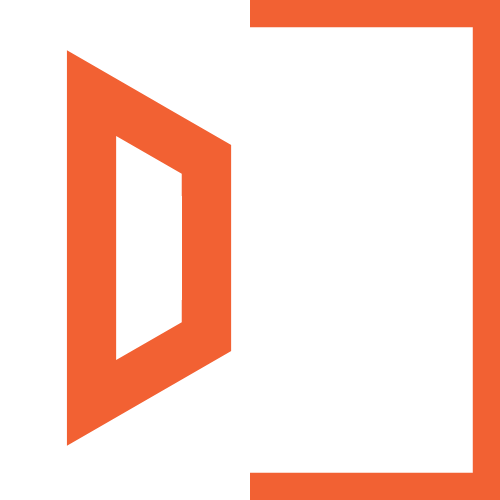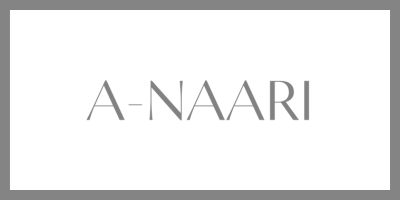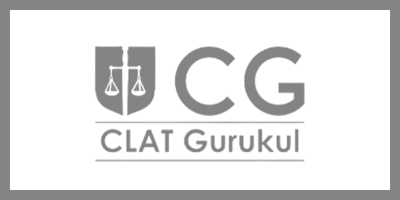-
EMAIL
contact@dcampaign.com -
PHONE
+(91) 6206814141 -
ADDRESS
B-10, Sadhanapuri,
Patna, Bihar - 800001
PHONE
+(91) 6206814141ADDRESS
B-10, Sadhanapuri,At DCampaign Digital, we research industry trends, competitor strategies, and audience behavior to create data-driven content strategies that engage the right audience and drive meaningful results.
allowing for clear communication to specific demographics and past interactions. Finally, we measure and optimize campaign performance through key metrics like open rates and click-through rates to drive engagement and growth.



Analyze target audience needs, preferences, and behavior to create relevant and engaging content strategies.

Develop high-quality, valuable content that aligns with brand goals and addresses audience pain points effectively.

Share content across multiple channels like blogs, social media, and email to reach and engage the right audience.

Track metrics like traffic, engagement, and conversions to optimize content strategy for better results over time.


Our content marketing services are designed to elevate your online presence and drive meaningful results for your business. We specialize in crafting high-quality, targeted content that engages your audience,
showcases your products or services, and builds lasting customer relationships. Our services cover all aspects of content marketing, from strategic content planning and creation to distribution and performance optimization for maximum impact.

Content marketing is the strategic creation and sharing of valuable content to attract and engage a target audience. It helps build brand authority, improve online visibility, and nurture customer relationships, driving long-term business growth.
The ideal publishing frequency depends on your business goals and audience. Generally, publishing 1–3 high-quality articles or posts per week keeps your audience engaged, improves SEO, and consistently drives traffic without overwhelming your resources.
Yes, we create tailored content for various social media platforms. Our service includes developing posts, graphics, and short-form content that aligns with your brand voice, engages your audience, and encourages interaction to expand your reach.
Absolutely. High-quality, relevant content improves your website’s SEO by targeting key search terms, earning backlinks, and increasing visitor engagement. Over time, this drives higher search rankings, more organic traffic, and greater online authority.
Definitely. Content marketing helps small businesses build brand awareness, engage potential customers, and compete with larger brands. It’s a cost-effective strategy focused on long-term growth by providing value and building trust with your target audience.

We worked with largest
global brands





















In today’s digital landscape, businesses need a strategic and consistent way to engage their audience. Content Marketing is one of the most powerful digital marketing strategies to build brand authority, attract prospects, and drive meaningful customer actions. At DCampaign Digital, we offer expert content marketing services designed to help businesses of all sizes boost visibility, improve SEO, and generate qualified leads through compelling, value-driven content.
As one of the best content marketing agencies, we focus on creating tailored content strategies that drive real results. Whether you need blog writing, infographic design, video content, or in-depth guides, we provide cost-effective solutions aligned with your business objectives.
Partnering with a top content marketing provider can transform your online presence. Here’s why DCampaign Digital is your go-to content marketing agency:
Industry Expertise – A team of content marketing specialists with deep industry knowledge.
Proven Track Record – Successfully created high-engagement content for businesses across sectors.
SEO-Driven Strategies – Data-backed content plans designed to boost organic traffic.
Custom Content Solutions – Unique, audience-focused content tailored to your brand.
Affordable Pricing – Cost-effective content marketing services for startups and enterprises.
Content Compliance Best Practices – Ensuring originality and value-driven content that follows ethical standards.
Our goal is to craft high-quality content that enhances brand authority, engages the right audience, and drives conversions.
As a leading content marketing agency, we offer a full suite of services to help businesses build brand awareness and achieve measurable growth.
A successful content marketing campaign starts with a well-thought-out strategy. We analyze your industry, competitors, and audience to create a roadmap tailored to your goals.
Our Content Strategy Services Include:
Audience Research – Understanding your target market’s interests and needs.
Keyword Research – Identifying high-impact SEO opportunities.
Content Calendar Development – Planning consistent content publishing for maximum engagement.
Competitor Analysis – Benchmarking to stay ahead in your industry.
Performance Measurement – Tracking KPIs like traffic, engagement, and leads.
Our strategic approach ensures your content attracts, informs, and converts.
Quality content is at the core of effective content marketing. We create various content formats designed to engage and inform your audience.
Our Content Creation Services Include:
Blog & Article Writing – SEO-optimized, value-driven articles to boost visibility.
Infographics – Visually compelling data representations for easier engagement.
E-books & Guides – In-depth resources to establish thought leadership.
Video Content – Short videos and explainers to captivate your audience.
Case Studies – Real-world success stories to build trust and credibility.
Our expert content creators ensure every piece aligns with your brand voice and goals.
Publishing content is only half the battle. We help distribute your content effectively to reach the right audience.
Our Content Distribution Services Include:
Social Media Publishing – Sharing content across platforms like LinkedIn, Twitter, and Facebook.
Guest Posting – Publishing content on authoritative industry websites.
Email Newsletters – Sharing curated content directly with subscribers.
Content Syndication – Extending reach via partner networks.
With our distribution strategies, your content achieves maximum visibility and impact.
Great content needs proper optimization to perform in search engines. We optimize every piece for both users and search engines.
Our SEO Content Optimization Services Include:
On-Page SEO – Optimizing titles, meta descriptions, headers, and structure.
Internal Linking – Strengthening site structure for better crawlability.
Content Refresh & Updates – Keeping content relevant and up-to-date.
Image Optimization – Ensuring fast load times and accessibility.
Our SEO-driven content boosts organic traffic, helping you stay competitive online.
Understanding the impact of your content is crucial. We provide detailed performance reports to track progress.
Our Content Reporting Services Include:
Traffic & Engagement Analytics – Monitoring page views, time on page, and bounce rates.
Keyword Ranking Reports – Tracking search visibility improvements.
Conversion Tracking – Measuring leads and actions generated from content.
Recommendations – Data-driven insights for continuous improvement.
Our reporting helps you make informed decisions to further refine your content strategy.
Content marketing remains one of the most effective digital strategies for long-term growth. Here’s why investing in content marketing matters:
Enhanced Brand Authority – Position your business as an industry leader.
Sustainable SEO Growth – Build organic traffic that lasts.
Improved Customer Engagement – Offer valuable insights that connect with your audience.
Lead Generation & Nurturing – Attract and convert qualified leads through helpful content.
Cost-Effective Strategy – High ROI compared to paid advertising.
Measurable Impact – Track performance and optimize based on real data.
If you’re searching for the best content marketing agency, DCampaign Digital offers expert services to help your brand thrive online.
If you’re ready to enhance your brand’s online presence through expert content marketing, DCampaign Digital is here to help. We design strategies that engage your audience, build trust, and drive measurable results.
Contact Us Today to start creating valuable content that sets your business apart.
When do they work well, and when do they on us and finally, when do we actually need how can we avoid them.
© DCampaign | All Rights Reserved